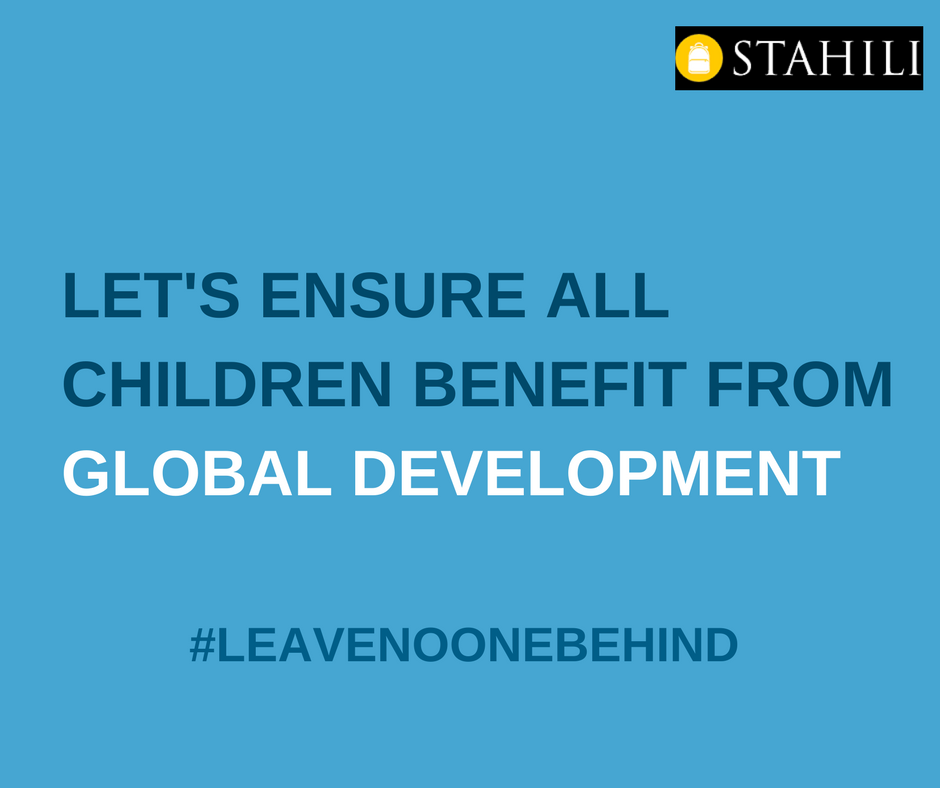World Data Forum in Cape Town provides momentous opportunity to ensure ALL children benefit from global development

INTERNATIONAL CHILDREN’S rights organisations have stepped up their campaign to persuade world leaders to ensure that children living outside households, without parental care, are not left behind by global development.
They will target government representatives and data experts attending a major United Nations conference in South Africa to discuss ways of measuring the UN’s Sustainable Development Goals (SDGs) to 2030.
Children living outside households and parental care are some of the world’s most vulnerable and, at present, there are no effective and universally accepted methods of counting them or assessing their development. As a result, it is not known how many children live outside of households. The children who most need support are likely to miss out on development progress made over the next 15 years.
The first UN World Data Forum started in Cape Town on 15 January and will run over four days, bringing together government representatives and policy makers, civil society and the private sector to discuss data for the SDGs.
In an open letter to UN statistical bodies over 250 children’s and disability rights organisations, and academics, argue it is vital to ensure that the framework for monitoring the implementation of the SDGs captures “children living outside of households and/or without parental care”.
Those without parental care or at risk of being so have “fallen off the statistical map”, the letter says, and they will be left behind by the SDGs. If the data gap is not filled, children will continue to be left behind. Some of the signatories include: Lumos, SOS Children’s Villages, Light for the World, CBM, and Stahili as well as other members of the Kenya Alternative Care Alliance.
The letter to UN states: “All children count, but not all children are counted. As a result, some of the world’s most vulnerable children – those without parental care or at risk of being so; in institutions or on the street; trafficked; separated from their families as a result of conflict or disaster; or recruited into armed groups – have largely fallen off the UN’s statistical map. There are only limited data about how many children live in such precarious circumstances, except for scattered estimates from some specific countries.”
Campaigners behind the letter will be at the UN World Data Forum hosted by Statistics South Africa from 15 – 18 January in Cape Town.